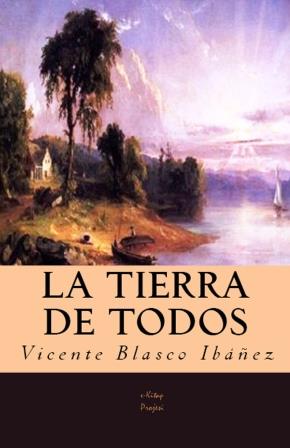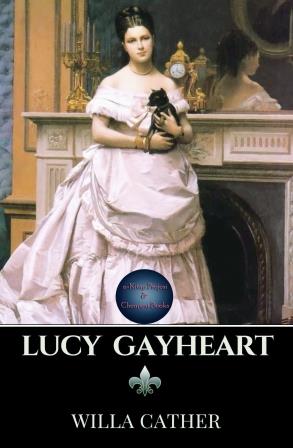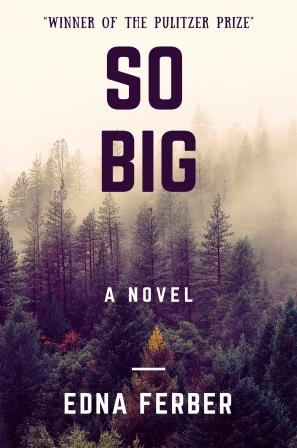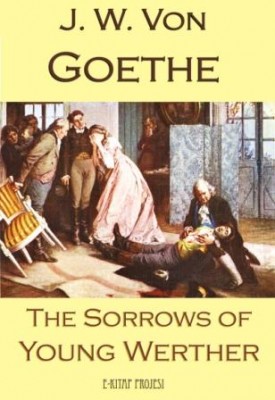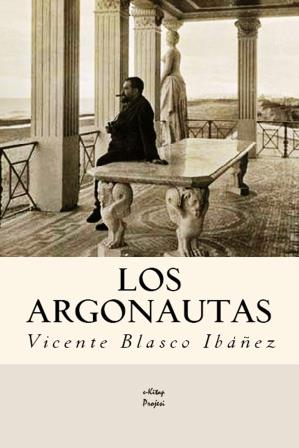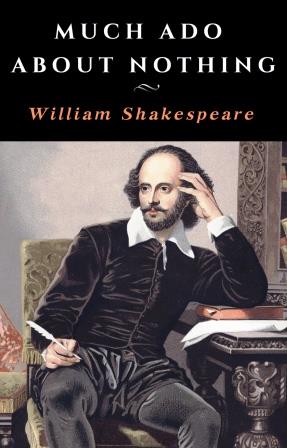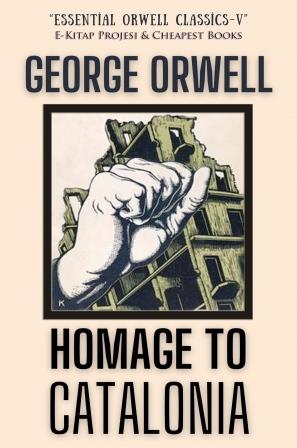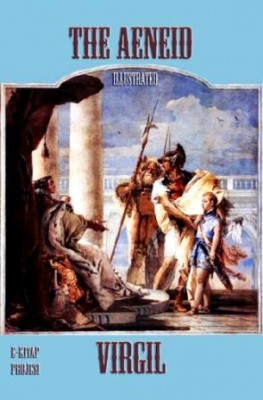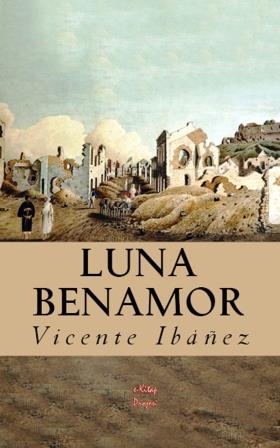More Search Results...
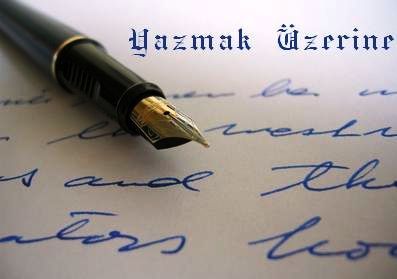
Persuasion
Sir Walter Elliot, of Kellynch Hall, in Somersetshire, was a man who, for his own amusement, never took up any book but the Baronetage; there he found occupation for an idle hour, and consolation in a distressed one; there his faculties were roused into admiration and respect, by contemplating the limited remnant of the earliest patents; there any unwelcome sensations, arising from domestic affairs changed naturally into pity and contempt as he turned over the almost endless creations of the last century; and there, if every other leaf were powerless, he could read his own history with an interest which never failed. This was the page at which the favourite volume always opened:
"ELLIOT OF KELLYNCH HALL.
La Tierra de Todos
Como todas las mananas, el marques de Torrebianca salio tarde de su dormitorio, mostrando cierta inquietud ante la bandeja de plata con cartas y periodicos que el ayuda de camara habia dejado sobre la mesa de su biblioteca.
More info →Lucy Gayheart
Willa Cather's Lucy Gayheart gropes a wistful way back to the time of the horse and buggy, when some men and some women loved deeply and truly and make themselves miserable and hugged their misery.
Small towns, no less than Vienna and the Paris Left Bank and a Greenwich Village as dirty and noisy then as it is now.
So Big
"Winner of the Pulitzer Prize"
So Big is a 1924 novel written by Edna Ferber. The book was inspired by the life of Antje Paarlberg in the Dutch community of South Holland, Illinois, a Chicago suburb. It won the Pulitzer Prize for the Novel in 1925.
More info →The Sorrows of Young Werther
MAY 4.
How happy I am that I am gone! My dear friend, what a thing is the heart of man! To leave you, from whom I have been inseparable, whom I love so dearly, and yet to feel happy! I know you will forgive me. Have not other attachments been specially appointed by fate to torment a head like mine? Poor Leonora! and yet I was not to blame. Was it my fault, that, whilst the peculiar charms of her sister afforded me an agreeable entertainment, a passion for me was engendered in her feeble heart? And yet am I wholly blameless? Did I not encourage her emotions?
Los Argonautas
Al sentir un roce en el cuello, Fernando de Ojeda soltó la pluma y levantó la cabeza. Una palmera enana movía detrás de él con balanceo repentino sus anchas manos de múltiples y puntiagudos dedos. Para evitarse este contacto avanzó el sillón de junco, pero no pudo seguir escribiendo. Algo nuevo había ocurrido en torno de él mientras con el pecho en el filo de la mesa y los ojos sobre los papeles huía lejos, muy lejos, acompañado en esta fuga ideal por el leve crujido de la pluma.
More info →Much Ado About Nothing
Much Ado About Nothing, comedy in five acts by William Shakespeare, written probably in 1598-99 and printed in a quarto edition from author's own manuscript in 1600. Play takes an ancient theme-that of a woman falsely accused of unfaithfulness-to brilliant comedic heights. Shakespeare used as his main source for Claudio-Hero plot a story .
More info →Homage to Catalonia
Homage to Catalonia is George Orwell's personal account of his experiences and observations fighting for the POUM militia of the Republican army during the Spanish Civil War.
More info →The Aeneid
The Aeneid is widely considered Virgil's finest work and one of the most important poems in the history of western literature. Virgil worked on the Aeneid during the last eleven years of his life (29–19 BC), commissioned, according to Propertius, by Augustus. The epic poem consists of 12 books in dactylic hexameter verse which describe the journey of Aeneas, a warrior fleeing the sack of Troy, to Italy, his battle with the Italian prince Turnus, and the foundation of a city from which Rome would emerge. TheAeneid's first six books describe the journey of Aeneas from Troy to Rome. Virgil made use of several models in the composition of his epic; Homer the preeminent classical epicist is everywhere present, but Virgil also makes especial use of the Latin poet Ennius and the Hellenistic poet Apollonius of Rhodes among the various other writers to which he alludes. Although the Aeneid casts itself firmly into the epic mode, it often seeks to expand the genre by including elements of other genres such as tragedy and aetiological poetry. Ancient commentators noted that Virgil seems to divide the Aeneid into two sections based on the poetry of Homer; the first six books were viewed as employing the Odyssey as a model while the last six were connected to the Iliad.
More info →Luna Benamor
LUIS AGUIRRE had been living in Gibraltar for about a month. He had arrived with the intention of sailing at once upon a vessel bound for Oceanica, where he was to assume his post as a consul to Australia. It was the first important voyage of his diplomatic career.
More info →

































